
Good nutrition isn’t just about eating the right food, it’s about building a lifestyle that nourishes your body, mind, and soul. In today’s modern world, where processed foods and unhealthy eating habits are normalized, understanding the importance of a balanced diet is very crucial.
If you want to improve your eating habits, maintain a healthy weight, and prevent chronic diseases, this guide is for you. By the end, you will understand what nutrition is and its significance, what a balanced diet looks like, and how to incorporate healthy eating into your daily routine.
Nutrition and Why Does It Matter :
Nutrition is the study of how food nourishes us. Every food we eat leads us to health or disease. With every unhealthy meal, we place our possibility of living a healthier life at higher risk. On the other hand, when we eat nutrient-rich foods, They provide essential vitamins, minerals, proteins, fats, and carbohydrates for energy, growth, and overall well-being of the body.
Scientific Benefits of Good Nutrients :
Enhance Immunity :
A balanced diet strengthens our immunity system to fight infections. For proper immune function, we need some elements like vitamin C, vitamin D, Vitamin E, zinc, etc.

Boost brainpower :
Omega-3 fatty acids, found in fish and nuts support brain health and cognitive function. They may improve memory and protect against memory loss.

Aids In Digestion :
Fiber-rich foods aid in maintaining a healthy gut and prevent digestive problems like constipation

Disease Prevention:
A diet rich in antioxidants and low in processed foods lowers the risk of chronic diseases such as heart
disease, diabetes, and obesity.

Weight Management:
Balanced meals with proteins, fibers, and healthy fats help control appetite and prevent overeating assisting in controlling weight.
People ought to eat right to achieve a healthy life. Proper nutrition provides the body and mind with adequate strength and energy to function properly.

What Is a Balanced Diet?
A balanced diet includes a variety of foods in the right proportions to provide essential nutrients. It’s not about eating less food but it’s about eating the right one.
Key Components of a Balanced Diet

Carbohydrates (50-60%)
Carbohydrate is the primary energy source found in whole grains, fruits, vegetables, and legumes.
Avoid eating refined carbs like white bread and sugary snacks.
Proteins (15-20%)
Proteins are essential for muscle repair, growth, and strength. They are found in lean meat, fish, eggs, beans, and dairy products.
Fats (20-30%)
Fats support brain function and hormone production. Its healthy sources are nuts, olive oil, and fatty fish. Try to limit saturated fats from processed foods as they can cause chronic heart diseases.
Vitamins and Minerals
They boost immune function and overall health and are found in colorful fruits, vegetables, and dairy
products. Vitamin D and calcium are crucial for bone health.
Fiber
Fiber helps in digestion and supports gut health and is found in whole grains, seeds, nuts, and leafy green vegetables
Water
Water is essential for hydration and metabolic functions.
Aim for drinking at least 8 glasses per day.
How to Maintain a Balanced Diet?
Following a balanced diet isn’t about following strict rules, It’s about making small, steady modifications.
Here’s how:
Eat Whole Foods
Choose natural, unprocessed foods over packaged snacks. The foundation of your diet should be eating fresh fruits, vegetables, lean proteins, and whole grains.

Control Portion Sizes
Overeating of even healthy food can lead to weight gain. Use smaller plates and listen to your body’s hunger
signals.

Reduce Sugar and Salt Intake
Excess sugar leads to obesity and diabetes, while high salt intake can cause high blood pressure. Go for natural sweeteners like honey and use herbs for flavor instead of salt.

Stay Hydrated
Water is essential for digestion, detoxification, and energy production. Start your day with a glass of water and carry a bottle with you throughout the day.

Plan Your Meals
Meal prepping helps you to avoid unhealthy fast foods. Plan balanced meals that include protein, carbs, and healthy fats.

Mindful Eating
Avoid distractions while eating. Savor your meal, chew slowly, and quit when you feel full.

Final Thoughts
A balanced diet is not about restriction. It’s about feeding your body with the right foods. When you make healthy eating a priority, you’ll feel more energized, improve your overall health, and reduce your risk of chronic diseases.
Start small. Replace processed foods with whole foods, drink more water, and practice mindful eating. These changes will grow into habits over time that will point towards a more healthy, more happy life.
Your health is your greatest asset—nourish it, respect it, and enjoy the journey to a better you.
If you want to calculate your diet plan click on the below button
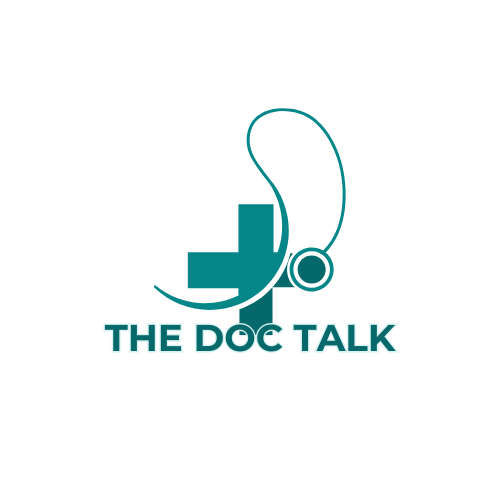



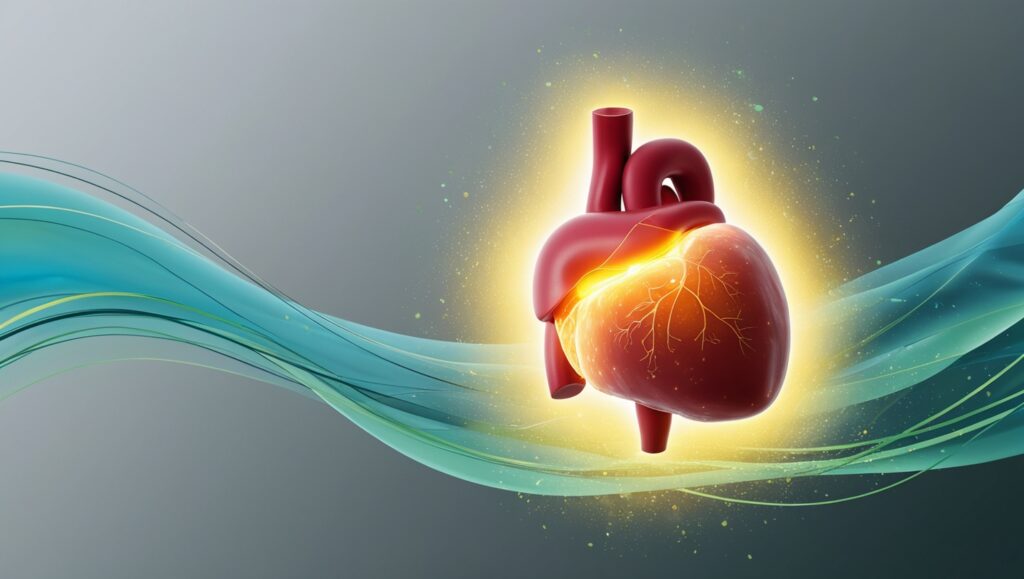
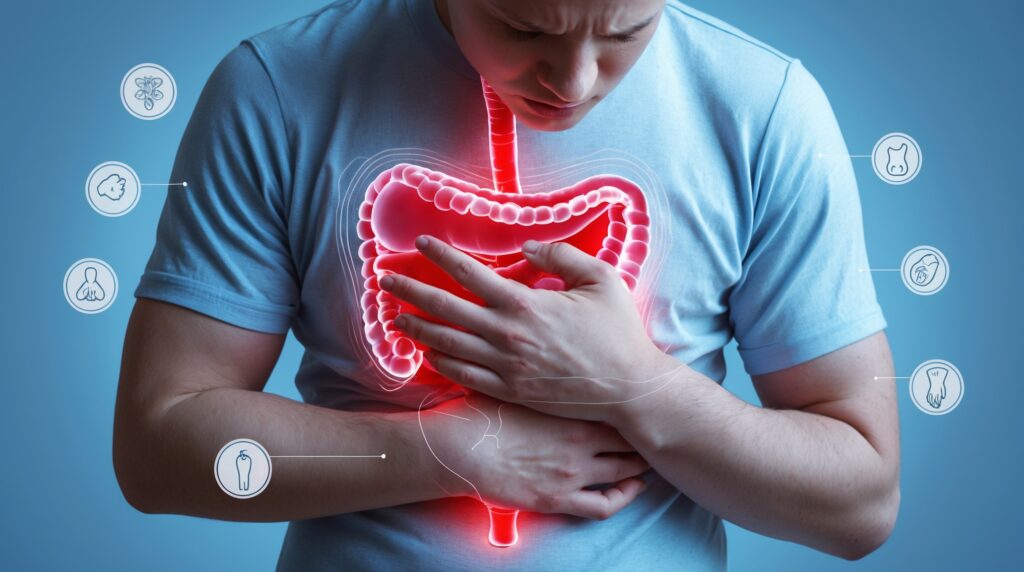





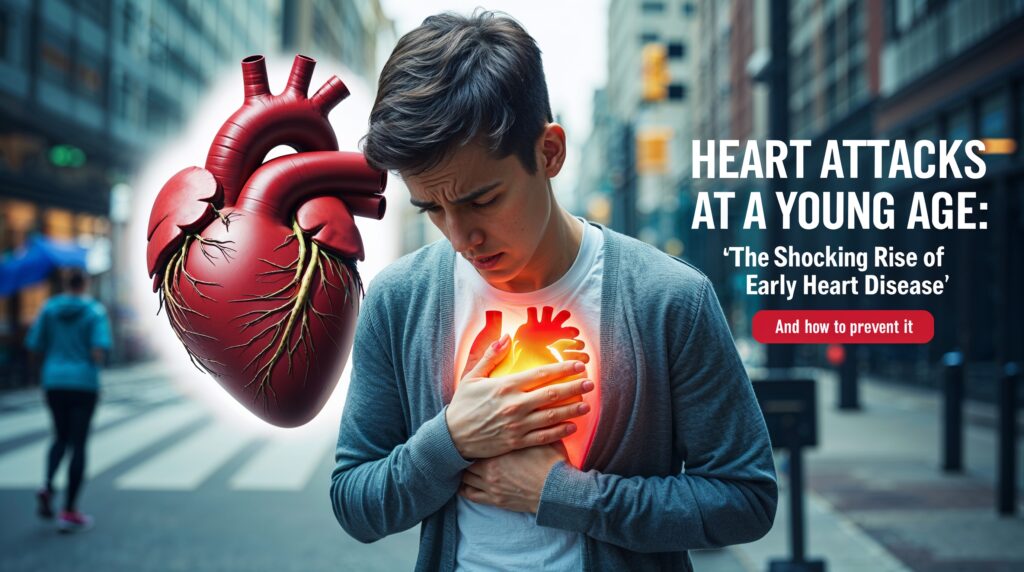
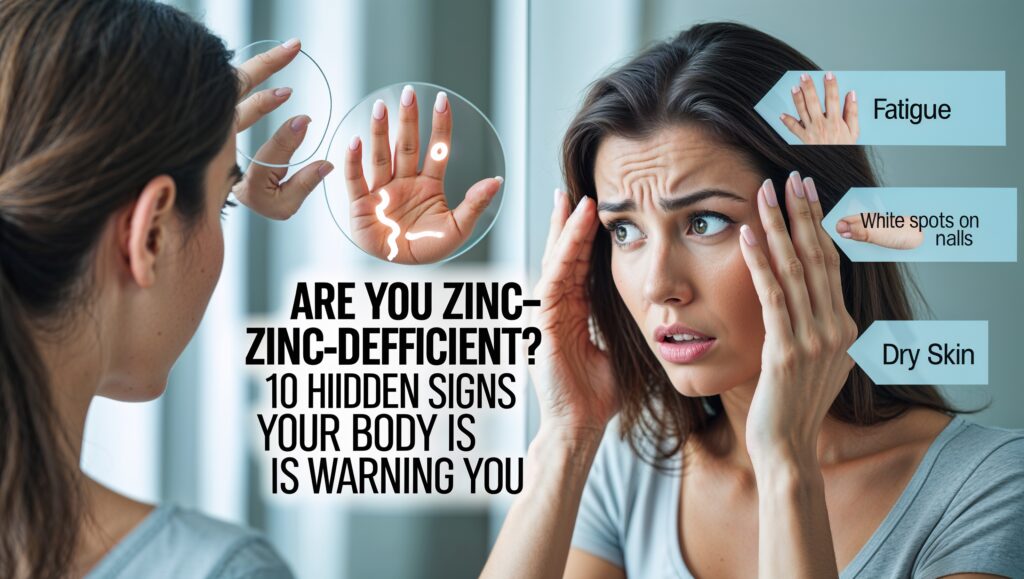
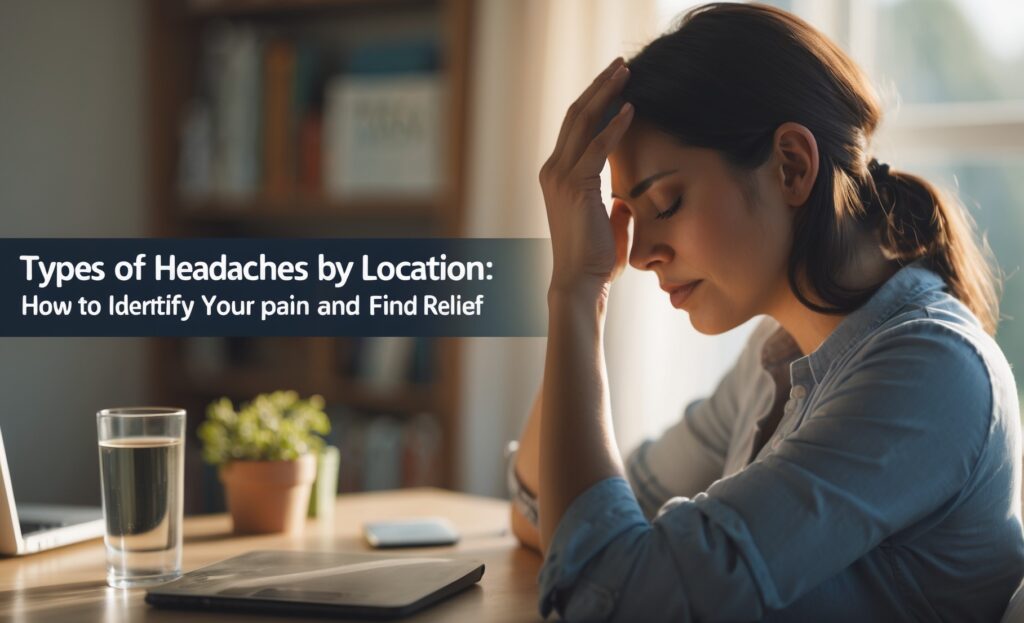
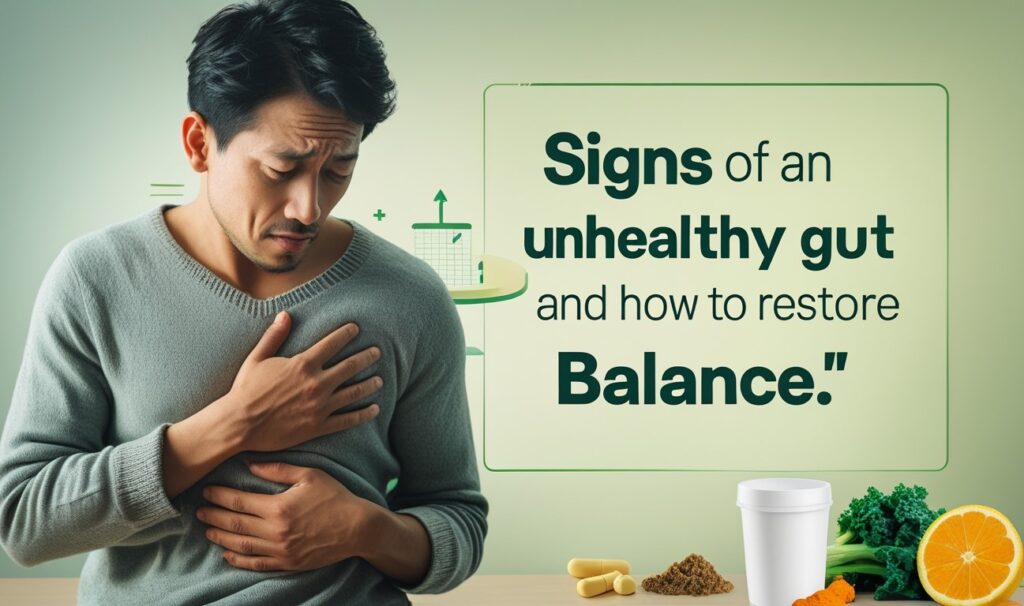

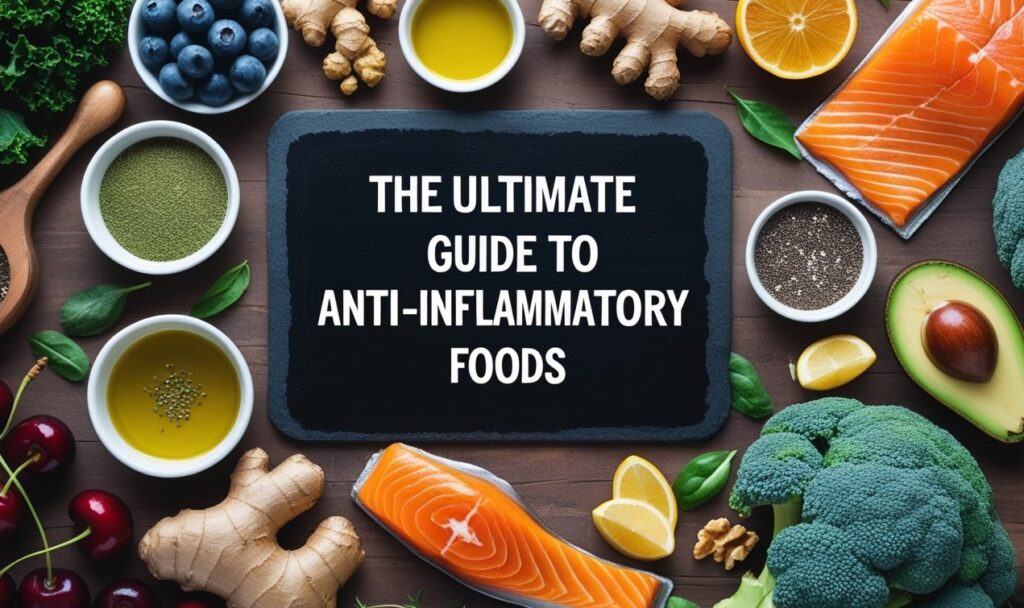
I found lot of informative health tips.
Also I noticed points related to balanced diet.
And what we should eat is mentioned above.
And what is needed by our body.
Helpful informations ,keep shining brother.
Wishing you a very happy and bright future.
Best information about balanced diet.
What we should eat and what is needed by our body (balanced diet)is the main purpose of the author.
Our diet obviously is effective in our health.
So lot of appreciations to my brother.
He is doing something better and different in his feield.
Wishing you a very happy and bright future Bro.
Keep shining dear brother 🥰.
medical
Wow amazing easily and understandible
“Thank you for this well-researched and insightful guide on balanced nutrition. Your clear and practical advice makes healthy eating easier to understand and follow. I truly appreciate the effort behind this valuable content, .👏👍
Thank you so much jani.Its truly appreciated🌹
Pingback: Early Signs of Kidney Disease: Key Symptoms to Recognize
Pingback: Meditation for Beginners: A Simple Guide to Inner Peace
Pingback: Heart Attacks At a Young Age : The Shocking Rise of Early Heart Disease And How to Prevent It